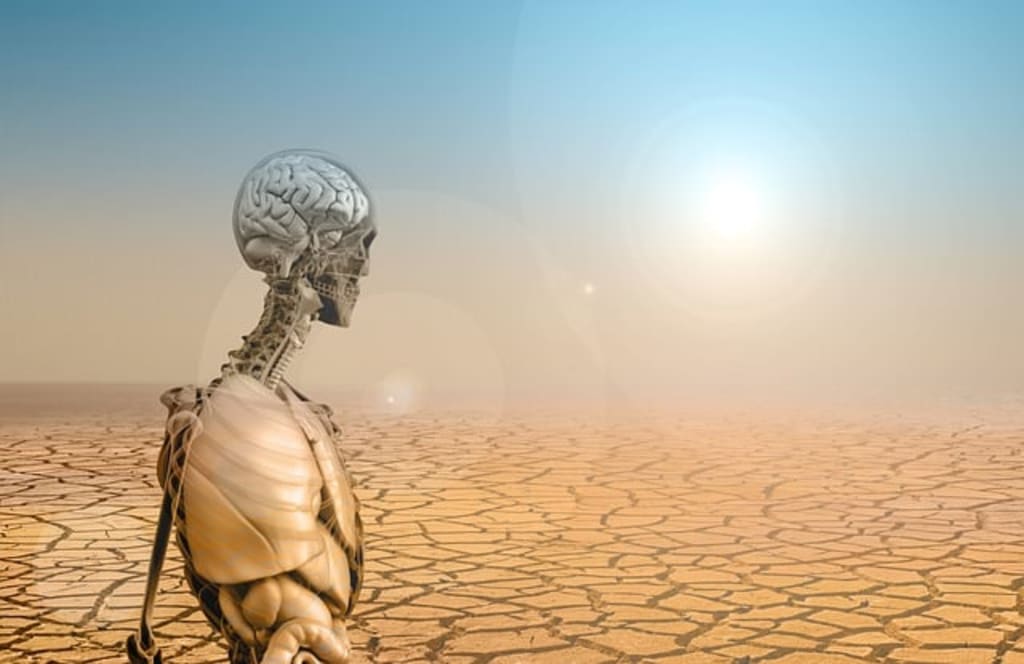Marine heatwaves need clear definitions so coastal communities can adapt
Marine heatwaves

Marine heatwaves are becoming more common and intense around the world, and they have significant impacts on the marine ecosystem and the communities that depend on it. Coastal communities need to be aware of these events and prepared to adapt to their impacts. However, the lack of clear definitions of marine heatwaves makes it difficult for communities to understand and respond to them. In this article, we will explore why clear definitions of marine heatwaves are necessary and how they can help coastal communities adapt to these events.
Marine heatwaves are prolonged periods of unusually warm water that can have significant impacts on marine ecosystems, including coral bleaching, altered species distributions, and changes in food webs. These events can be caused by a variety of factors, including weather patterns, ocean currents, and climate change. They can last for weeks to months and can occur in any ocean, from the tropics to the poles.
Despite their importance, there is currently no universally accepted definition of a marine heatwave. This lack of a clear definition makes it difficult for researchers to study and compare these events and for coastal communities to understand and prepare for them. Without a clear definition, it is also challenging to determine when a marine heatwave has ended, and when it is safe to resume normal activities.
To address this issue, scientists have proposed several definitions of marine heatwaves. One such definition is based on the duration and intensity of the event. According to this definition, a marine heatwave is a prolonged period (at least five days) of unusually warm water temperature that is at least 90th percentile of the long-term mean temperature for the region. Another definition uses the same temperature threshold but allows for shorter events of only three days. These definitions provide a clear framework for identifying and characterizing marine heatwaves.
Clear definitions of marine heatwaves can help coastal communities prepare for and adapt to these events. For example, if a community knows that a marine heatwave is expected, they can take steps to protect their fisheries and aquaculture operations. This may include reducing fishing quotas or temporarily closing aquaculture facilities to prevent stress on the animals. Clear definitions can also help communities understand the potential impacts of marine heatwaves on their local ecosystems and prepare for these changes. For example, if a community knows that a marine heatwave is likely to cause coral bleaching, they can work to protect and restore their coral reefs.
Furthermore, clear definitions of marine heatwaves can help researchers study these events and better understand their causes and impacts. With clear definitions, scientists can more easily compare data from different regions and identify trends in the frequency, duration, and intensity of marine heatwaves. This information can be used to improve predictions of future marine heatwaves and their impacts.
In addition to defining marine heatwaves, it is also important to develop monitoring systems to detect these events. Monitoring can be done through a combination of remote sensing, oceanographic data, and in-situ measurements. Real-time monitoring can alert coastal communities to the onset of a marine heatwave, allowing them to prepare and respond appropriately.
In conclusion, marine heatwaves are becoming more common and intense, and they have significant impacts on marine ecosystems and the communities that depend on them. Clear definitions of marine heatwaves are necessary to help researchers study these events and for coastal communities to prepare for and adapt to their impacts. With clear definitions and monitoring systems in place, communities can take steps to protect their fisheries and aquaculture operations, understand the potential impacts of marine heatwaves on their local ecosystems, and work to protect and restore these valuable resources. As we continue to face the challenges of climate change, it is essential that we develop a better understanding of marine heatwaves and their impacts, and work together to find solutions to these complex issues.





Comments
There are no comments for this story
Be the first to respond and start the conversation.